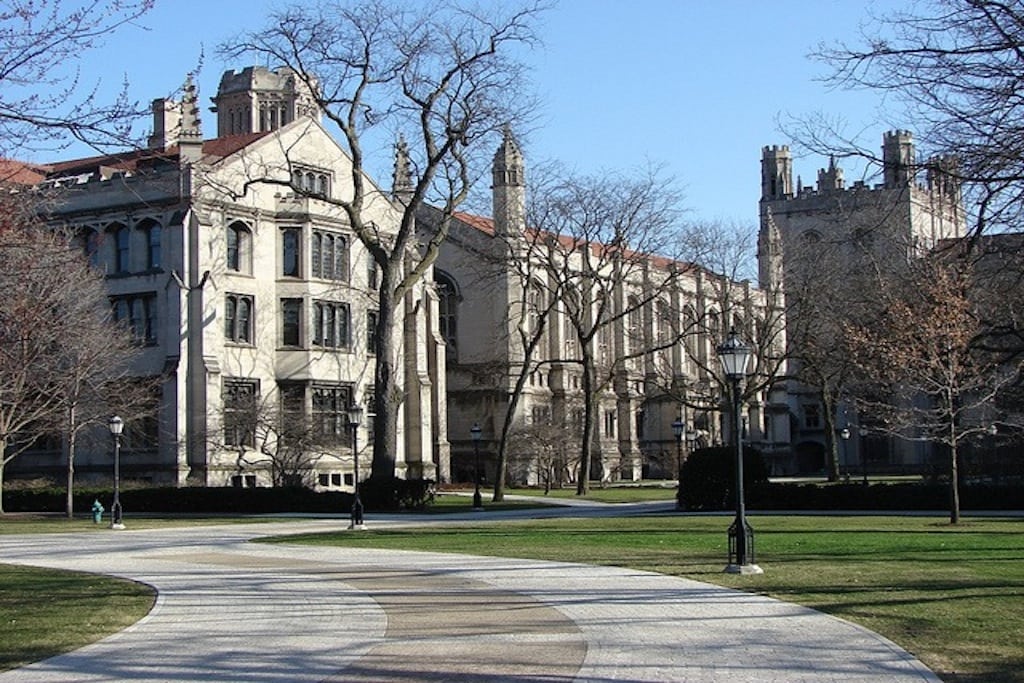Chicago neighborhoods are fighting over an Obama presidential library that Hawaii may get

Skift Take
The battle within Chicago will likely be for naught. The significance of a presidential library in Hawaii will far outweigh the president's affection for Chicago.
President Barack Obama has worked to avoid racial politics during much of his presidency. Now, the structure promoting his legacy is at risk of getting caught up in them.
A debate is brewing over the site of an Obama presidential library, one that primarily pits the leafy academic setting of the University of Chicago against the hardscrabble streets of the rest of the city’s South Side.
“The U. of C. gets everything it wants,” said Harold Lucas, president of the Black Metropolis Convention & Tourism Council. “It thinks it’s entitled.” The competing neighborhood of Bronzeville, with its jazz and blues tradition, is the best choice, “if this president is not an elitist and plutocratic himself -- and we are still debating that question,” he said.
The 44th president today will have an opportunity to get informed advice as he joins the four other living U.S. chief executives at the dedication of George W. Bush’s Presidential Library and Museum in Dallas. Bush raised more than $500 million for the library and an institute at Southern Methodist University that includes a 226,000-square-foot (20,996-square- meter) building and 15-acre (6-hectare) park.
In addition to Obama, Bush’s event will be attended by former Presidents Jimmy Carter, Bill Clinton, and George H.W. Bush, his father. The library will house documents and other historic items; the institute will promote research on education, women’s rights and spreading democracy.
Obama, 51, and the younger Bush, 66, haven’t had many public encounters since the Texan left office and the president, in both his 2008 and 2012 campaigns, criticized his predecessor for the nation’s economic woes, an ill-conceived Iraq war, and budget deficits.
Bush praise
Still, they have avoided public displays of personal animosity. In an NBC interview aired yesterday, Obama praised Bush and his team for help during the transition. “I always had a good, friendly relationship with him,” Obama said.
Conversely, Bush has refrained from second-guessing the current administration a
